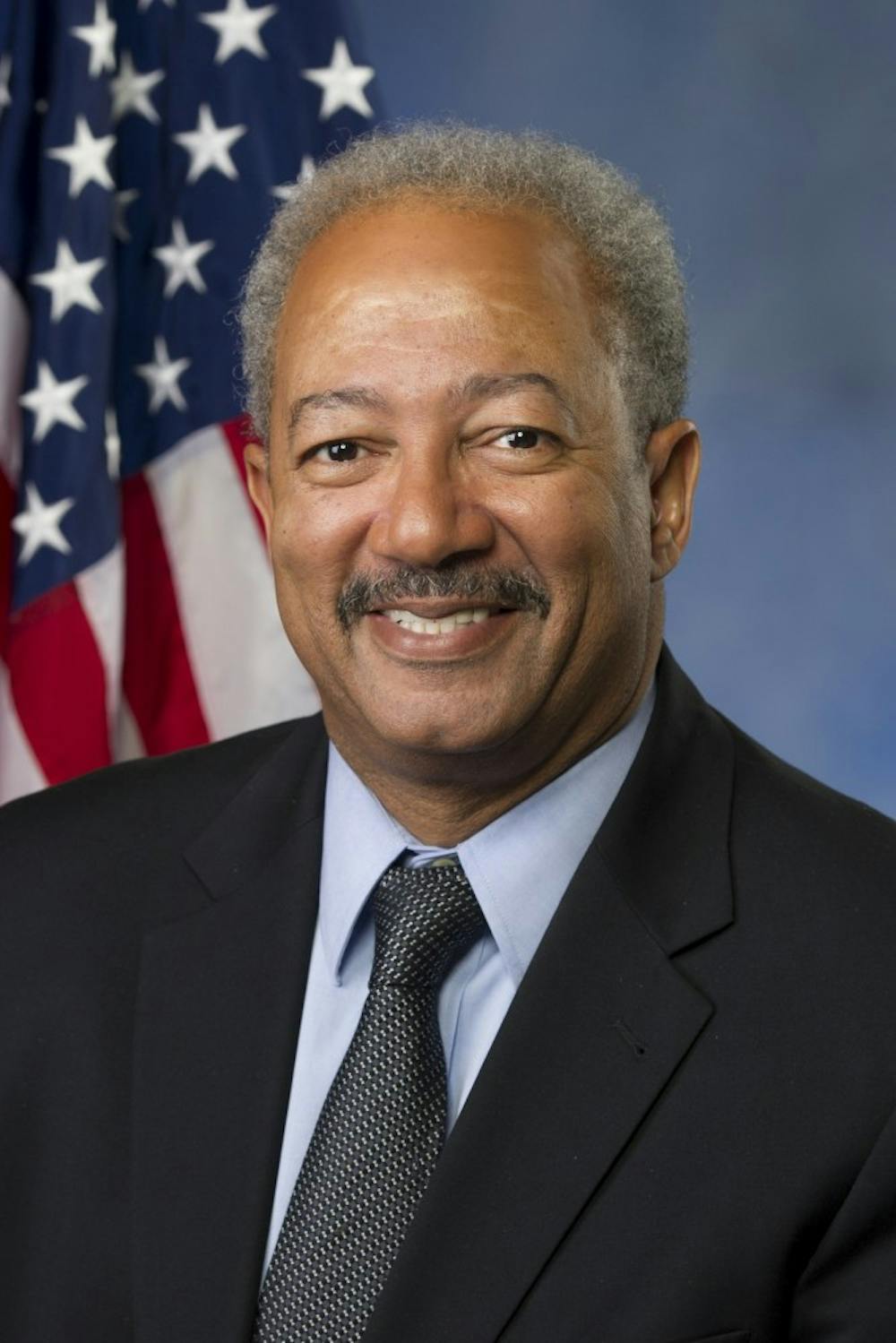There may be some hope left for former congressman and 1986 Fels Institute of Government graduate Chaka Fattah, who was convicted last month of 23 charges including bribery, racketeering and fraud.
The successful appeal of former Virginia Gov. Bob McDonnell, whose 2014 bribery conviction was unanimously overturned last Monday by the U.S. Supreme Court, could provide a framework for Fattah to mount his own appeal in the future.
In the court’s opinion for McDonnell v. U.S., Chief Justice John Roberts explained that the court wanted to clarify the definition of the term “official act” in current bribery statutes. Under existing federal law, an “official act” constitutes any decision or activity by a public official in their capacity as a government employee — such acts are illegal if performed in exchange for a bribe from a private citizen. The court had to decide whether minor, everyday interaction between politicians and private citizens, such as staffers making phone calls on a constituent’s behalf, counted as official acts.
“The Government’s expansive interpretation of ‘official act’ would raise significant constitutional concerns,” Roberts wrote. “Our concern is not with tawdry tales of Ferraris, Rolexes and ball gowns. It is instead with the broader legal implications of the government’s boundless interpretation of the federal bribery statute.”
McDonnell was convicted in 2014 in a federal district court after prosecutors alleged that he and his wife had received more than $135,000 worth of loans, gifts and other favors from businessman Jonnie Williams in exchange for promoting a dietary supplement produced by Williams’ company. According to records produced before the Supreme Court, Gov. McDonnell had Virginia state officials encourage Virginia public universities to test Williams’ drug, while McDonnell’s wife hosted a launch party for the company in the Virginia Governor’s Mansion.
Legal observers have noted that McDonnell’s circumstances bear some resemblance to the facts in Fattah’s case, where prosecutors accused the congressman of working to obtain an ambassadorship for former Philadelphia Deputy Mayor and local political fundraiser Herbert Vederman. In exchange, Vederman supposedly showered the Fattah family with expensive gifts, including a private plane, cash payments to Fattah’s children and $18,000 that ostensibly paid for Fattah’s au pair’s college tuition.
Vederman was convicted alongside Fattah as a co-defendant in the case.
Roberts added that in McDonnell’s case, prosecutors did not adequately explain the definition of an “official act” to the jury that ended up convicting McDonnell. The Supreme Court’s majority opinion, therefore, does not rule out the possibility that that jury wrongfully convicted McDonnell for acts that were not official — and therefore not unlawful.
“There is no doubt that this case is distasteful; it may be worse than that,” Roberts wrote.
Nevertheless, the case’s outcome does raise questions about how compliance and anticorruption investigations are conducted at the federal level. In the weeks prior to the Supreme Court’s decision, many incumbent and former politicians expressed sympathy for McDonnell’s appeal. The coalition includes everyone from former Obama White House Counsel to a former George W. Bush attorney general to several former governors and members of Congress from both political parties.
“Elected officials want to know what the rules are. Public service shouldn’t be a game of gotcha,” former North Carolina Deputy Attorney General Hampton Dellinger told Politico.
The Supreme Court appeared to agree, arguing in the majority opinion that a more limited definition of the phrase “official act” left “ample room” for prosecuting genuinely corrupt officials without jeopardizing the real day-to-day practice of government.
“It’s certainly going to change the mentality of prosecutors across the country in terms of what they need to do to prove these cases in the future,” white-collar criminal defense attorney and former Assistant U.S. Attorney in the Eastern District of Pennsylvania — where Fattah’s case was heard — Thomas A. Bergstrom told the Philadelphia Inquirer.
Fattah, who resigned from his seat in Congress two days after his conviction on June 21, has said that he plans to appeal his conviction. He had previously represented Pennsylvania’s second congressional district, which includes University City, since 1995. His sentencing hearing is currently set for October 4 of this year.
The Daily Pennsylvanian is an independent, student-run newspaper. Please consider making a donation to support the coverage that shapes the University. Your generosity ensures a future of strong journalism at Penn.
DonatePlease note All comments are eligible for publication in The Daily Pennsylvanian.









